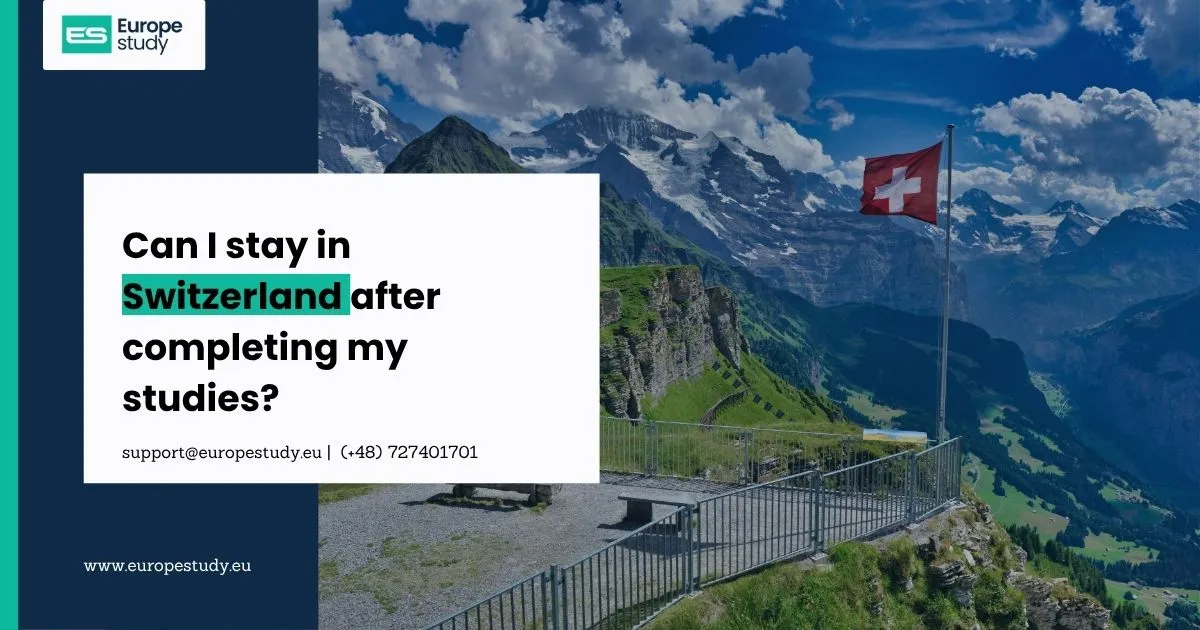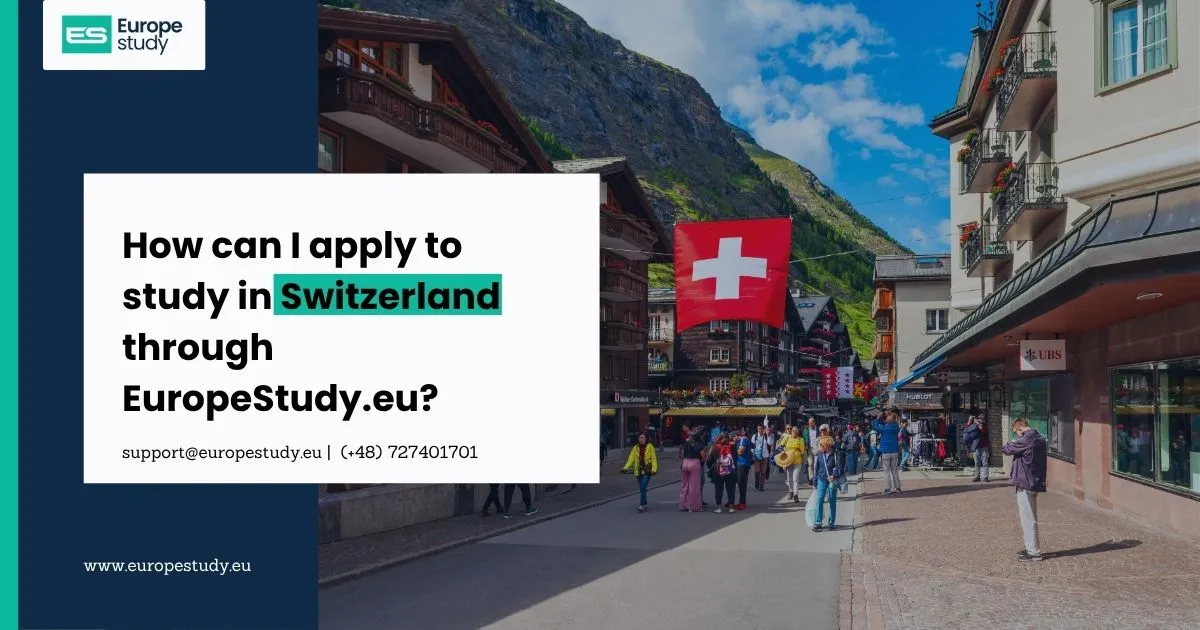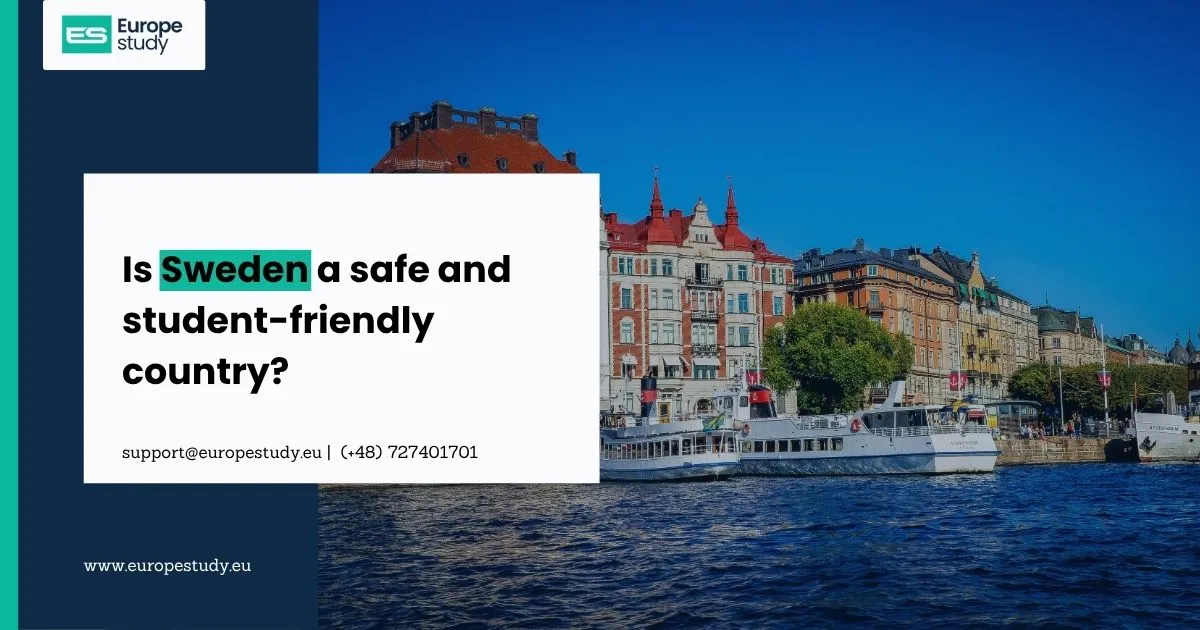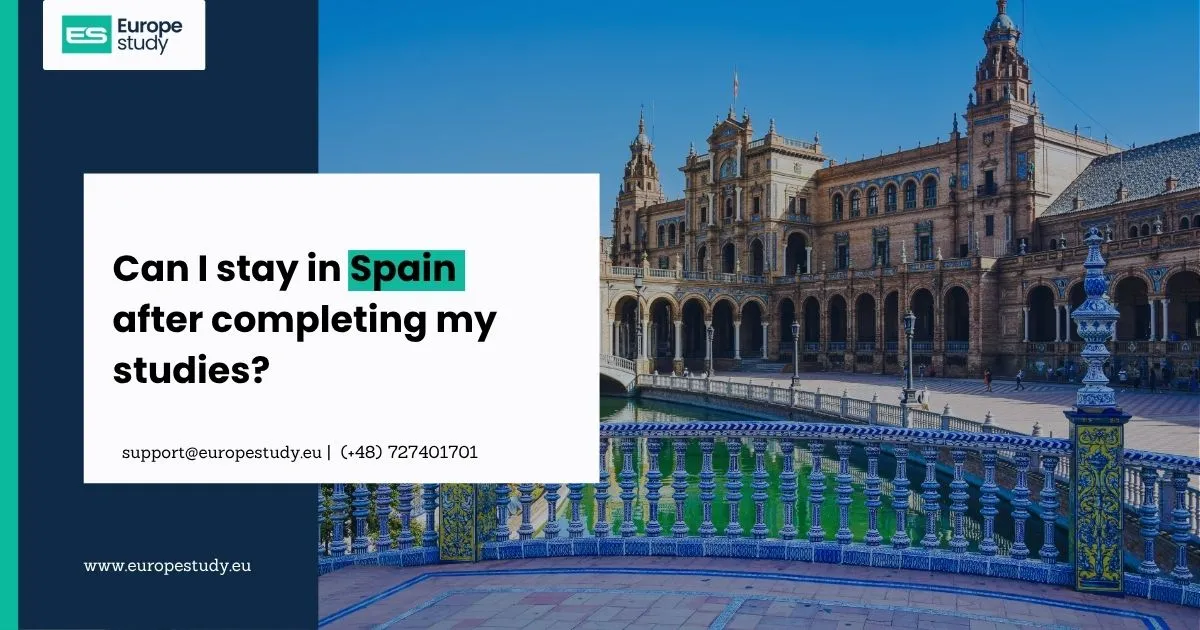
What to Expect During a Job Interview in Poland?
If you're planning to work in Poland or have already applied for jobs, understanding the job interview process is crucial. While Poland shares many professional norms with the rest of Europe, it also has its own cultural expectations and interview styles that foreign candidates should be prepared for.
Whether you're applying for a corporate job, a startup role, or an academic position, this blog post will walk you through what to expect during a job interview in Poland, along with tips to help you succeed.
1. Overview of the Polish Hiring Process
In general, the hiring process in Poland includes the following steps:
- Application and CV review
- Phone or online screening interview
- One or more formal interviews (online or in-person)
- Skills test or task (optional, depending on role)
- Final interview and offer discussion
The process may vary depending on the company, industry, or seniority of the role.
2. Language of the Interview
The interview may be conducted in Polish, English, or a mix of both—depending on the job.
- For international companies: English is often used, especially in IT, finance, and customer service sectors.
- For public sector or local companies: Polish is typically required, and the interview will likely be held in Polish.
- Pro tip: If the job post was written in Polish, assume the interview will require at least basic Polish unless stated otherwise.
Expect the interviewer to assess your language proficiency during the conversation.
3. Punctuality and Formality
Polish culture values punctuality and professionalism. Arriving on time (or logging into a video call a few minutes early) is expected. Being late, even by a few minutes, can be seen as disrespectful.
Most interviews are conducted in a formal and polite tone, especially during the first stages. Even if the workplace has a casual atmosphere, initial interactions are typically more formal.
4. Typical Interview Questions
Here are some commonly asked job interview questions in Poland:
- Tell me about yourself.
- Why do you want to work for our company?
- What do you know about our company and industry?
- What are your strengths and weaknesses?
- Can you describe a challenging situation and how you handled it?
- Why did you leave your last job?
- What are your salary expectations?
- Are you planning to stay in Poland long-term?
Behavioral and situational questions are common, especially in corporate environments. Prepare examples using the STAR method (Situation, Task, Action, Result).
5. Polish Work Culture Expectations
Understanding cultural expectations can help you connect better with your interviewer:
- Teamwork is valued: Be ready to show how you work well with others.
- Modesty is respected: Confidence is important, but arrogance is frowned upon.
- Respect for hierarchy: In many companies, decision-making is centralized. Show respect for roles and structure.
- Work ethic: Employers expect commitment and responsibility. Emphasize your reliability and motivation.
6. Questions You Can Ask the Interviewer
At the end of the interview, you're usually invited to ask questions. This is your chance to show genuine interest and clarify key points.
Good questions include:
- What does a typical day look like in this position?
- How is performance evaluated?
- What are the next steps in the hiring process?
- How would you describe the team culture?
- Are there opportunities for professional development?
Avoid asking about salary or vacation time in the first interview unless the employer brings it up.
7. Interview Format: In-Person vs. Online
- In-person interviews are common for local candidates or final rounds.
- Online interviews (Zoom, Teams, Skype) are widely used, especially for initial screening or international applicants.
Dress professionally, regardless of the interview format. A smart, business-casual outfit is typically appropriate unless the company has a very formal dress code.
8. Interview Assessment Tasks
Depending on the role, you may be asked to complete:
- A technical test (for IT or engineering positions)
- A language assessment (especially in customer service roles)
- A case study or practical task (common in marketing, management, and consulting)
These tasks are often shared between the first and second interview rounds. You’ll usually have a few days to complete them.
9. Cultural Etiquette to Keep in Mind
- Handshake or greeting: A handshake is standard in face-to-face meetings.
- Eye contact: Maintain natural eye contact to show confidence.
- Titles and names: Use “Pan” (Mr.) or “Pani” (Ms./Mrs.) with last names unless invited to use first names.
- Follow-up: Sending a polite thank-you email within 24 hours is a professional gesture and appreciated by many employers.
10. After the Interview: What Happens Next?
Employers in Poland may take 1–3 weeks to get back to you after an interview. If you haven’t heard back after two weeks, it’s acceptable to follow up with a polite email asking for an update.
If you receive an offer, you’ll typically receive:
- A written job offer
- A work contract (umowa o pracę or other types like umowa zlecenie)
Make sure to review the contract carefully and understand the legal implications, especially regarding salary, working hours, vacation, and social insurance.
Conclusion
A job interview in Poland is a structured but fair process. Being well-prepared, respectful, and culturally aware can significantly boost your chances of making a strong impression.
Key takeaways:
- Be punctual and professional
- Expect formal, structured questions
- Highlight your skills, adaptability, and motivation
- Respect Polish business etiquette and communication style
With the right preparation, you’ll be ready to confidently navigate your next interview in Poland and move one step closer to securing your ideal role.





